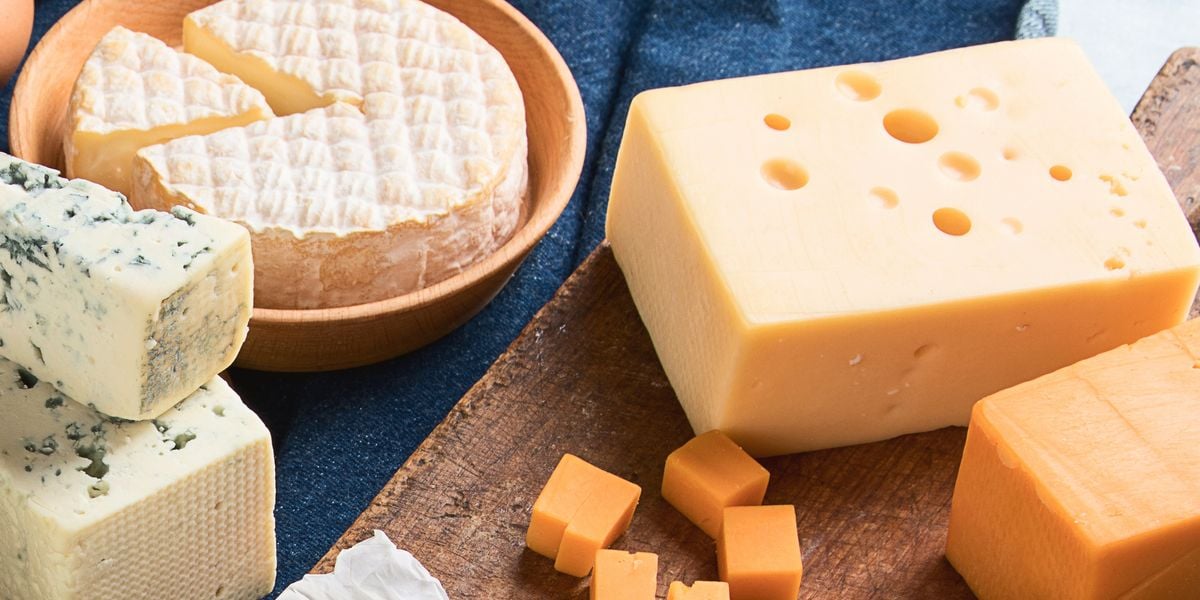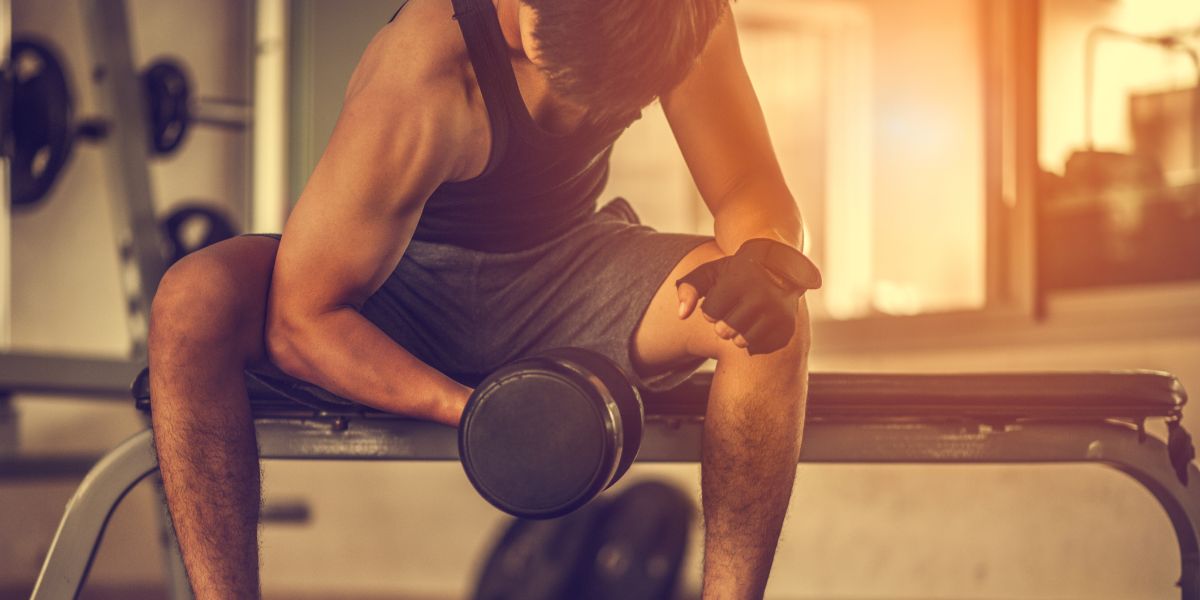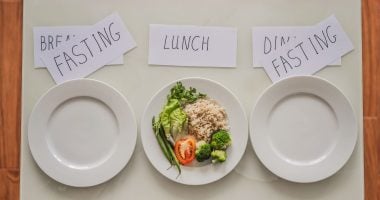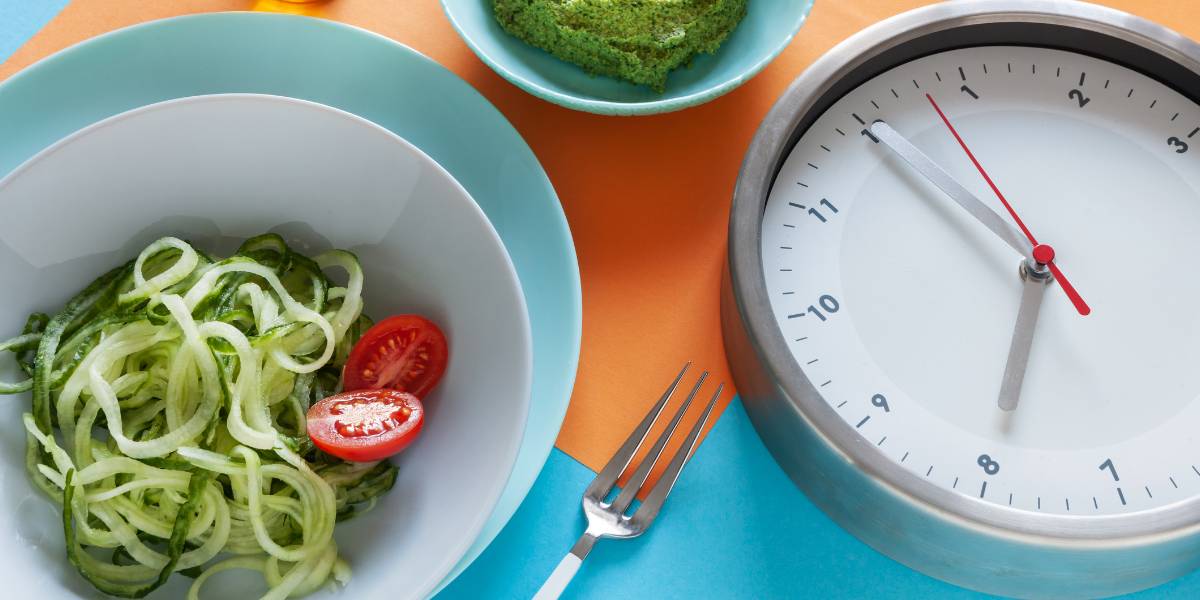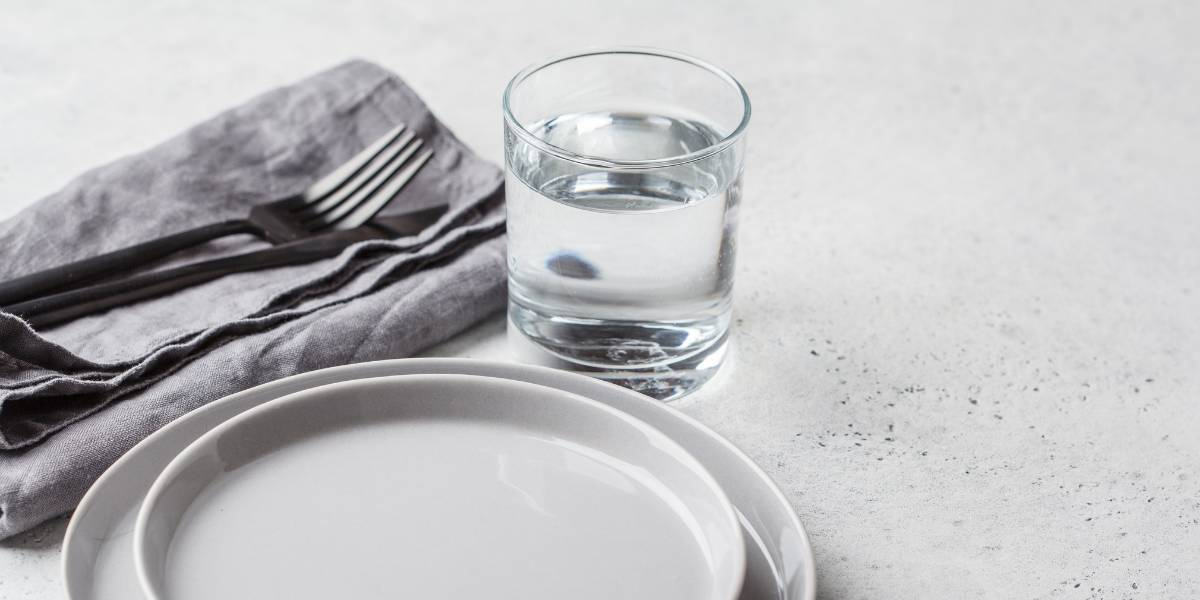The low carb, high fat diet (LCHF diet) has developed a strong following in Scandinavia, having originated in Sweden.
The story goes that Swedish GP Dr Annika Dahlqvist was subject to an investigation after being reported for recommending a low carb, high fat diet to her patients.
The investigation though cleared Dr Dahlqvist of wrong doing based on their findings that her methods were scientifically sound.
What is the low carb, high fat diet?
As the name suggests, the diet suggests eating high fat and low carbohydrate foods.
Who is the diet for?
The diet, because of its low requirement for insulin, has been recognised by the Swedish government as being suitable for people with type 2 diabetes and as helpful to individuals looking to lose weight or maintain a healthy weight.
Which foods can I eat on the LCHF diet? – Green light foods
The following foods are compliant with the diet:
- Dairy : natural yoghurt, cheese, cream, butter
- Meat
- Fish
- Eggs
- Vegetables
- Olive oil and canola oil (organically grown and cold-pressed)
- Home made sauces
The recommendation of the low carb, high fat diet is that people eat full fat versions of dairy food in preference to low fat options.
The diet does not rule out fatty meats and instead encourages people to leave the fat on rather than removing it.
Organic versions of foods are suggested where possible.
What food can I have up to moderate amounts? – Amber light foods
The following foods can be eaten in moderate amounts:
- Bean and lentils
- Nuts, almonds and sunflower seeds
- Fruit (not including dried fruit)
- Chocolate with a high cocoa quantity (65 to 90%)
Sausages can be eaten occasionally but can include undesirable additives.
Alcohol can be included with the note that it is fattening and can lead to imbalances in blood sugar.
What should be avoided on the diet? – Red light foods
The diet suggests that only a minimal amount of the following should be eaten:
- Potato, rice, bread, flour and corn based products
- Other cereal-based products – such as pasta, pastry, biscuits and breakfast cereals.
- Dried fruit
- Sweets and cakes
- Sugary drinks
- Margarines
- Omega-6 based oils – such as corn, sunflower, safflower, soybean and peanut oil
How can I find more information about the LCHF diet?
A great introduction is the book, ‘Diabetes, No thanks’.
The book is an English language description of one man’s journey from his diagnosis of diabetes, through to controlling his diabetes with the diet alone.
